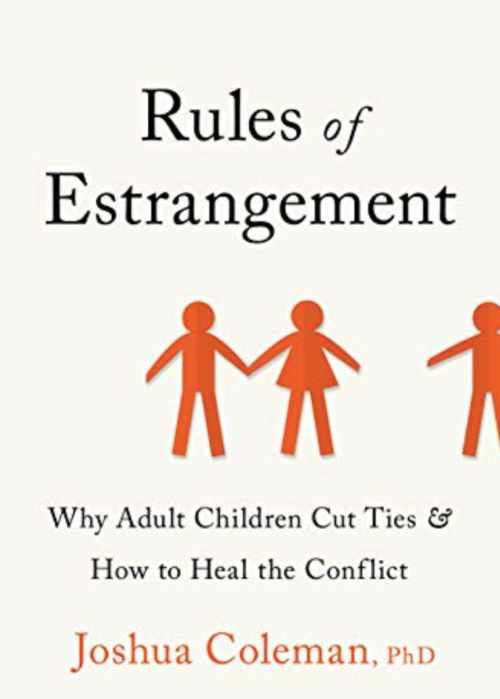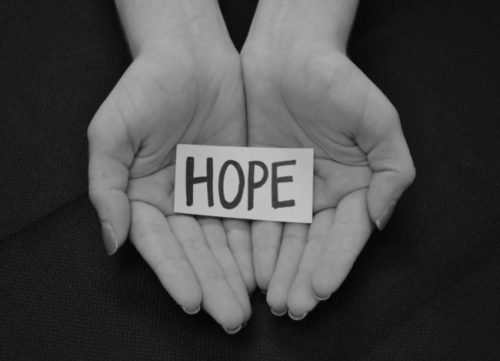“Out of the blue I received an email from my daughter saying she never wants to see me again.”
“My son is very distant. When I reach out, he is verbally abusive, lobbing hurtful remarks that penetrate my very being.”
“My daughter and I had a loving connection until she married. Now she makes excuses whenever I ask to visit her and denies me access to the grandchildren.”

A mother feeling sad over her adult child’s estrangement
Spoken by parents whose adult children are making their lives a living hell by severing contact with them completely, incrementally, or punishing them when they are together. In his books, When Parents Hurt and The Rules of Estrangement, psychologist Joshua Coleman refers to parental estrangement with adult children as a “silent epidemic.”

According to Coleman, “This is not a story of adult children cutting off parents who made egregious mistakes. It’s about parents who were good parents, who made mistakes that were certainly within normal limits.”
Coleman, who went through a period of estrangement with his own adult daughter, offers practical guidelines for estranged parents. The first step is to “fearlessly take responsibility for whatever ways you were wrong” in the form of an Amends Letter where you admit your mistakes without being defensive. This can be difficult when your child is being unfair.
Coleman cautions, “You must learn to see yourself as your child sees you and look for evidence that what he or she says has a kernel of truth.”

Writing an Amends Letter is an important step in healing the relationship with an estranged child
I went through a period of estrangement nine years ago when my oldest son became verbally abusive following the drowning death of his father, my ex-husband. In his grief, my son became verbally abusive whenever we got together, culminating in an email that he didn’t want to see me again.
I was dumbfounded by the cut-off. I wrote back, appealing to him for a chance to talk through our problems. After a few months he broke his silence. Even when we reconciled, and to this day, I feel like I’m walking on eggshells around him. What has helped is Coleman’s strategy to listen to my son’s complaints without getting defensive when previously I had insisted his perceptions were wrong and unfair.

A mother non-defensively listening to her daughter’s complaints
Coleman contends that today’s parents have higher expectations of closeness than previous generations due to the ease of connection generated by cell phones, and a greater social isolation than their parents’ generation. Consequently he recommends lowering your expectations.
This begs the question: what about those parents who make overtures to reconcile, only to be rejected?
Coleman’s advice is not to give up: write letters every few weeks; don’t get defensive or accusatory; profess your love and the hope that someday your relationship can resume. Coleman insists that in most circumstances staying in contact will yield a connection in time. Sometimes you may need to stop communicating for a few months, so your child doesn’t feel pressured, giving them time to reflect.
Many estranged parents are beset with shame, leaving them too embarrassed to seek support. Isolation can be a prescription for depression. Opening up with close friends and empathetic family members can prove lifesaving. Ask a close friend for permission to phone when you’re feeling blue.

When feeling depressed over your estranged child, turn to a close friend for support
I had an epiphany reading Coleman’s suggestion to “develop a life story based on one’s strengths as a parent rather than one about your failures.” Instead of those endless stories I told myself about Pat as a failed parent, I reached back for all the ways we connected positively: we cooked together most nights; we enjoyed wacky TV sitcoms like the British ‘90’s show, “The “Young Ones,” and the occasional road trip.
Above all don’t let your adult child’s attacks determine your self-worth.
Life isn’t fair but that shouldn’t stop any of us from trying to live fully regardless of what we’re handed. There’s often a gift in every struggle. Many estranged parents describe becoming more compassionate after adopting a compassionate outlook towards healing their parent-child relationship.
